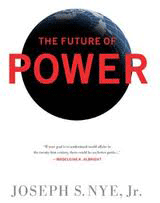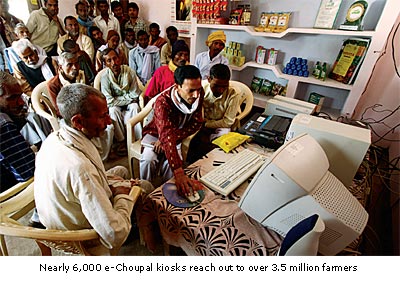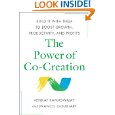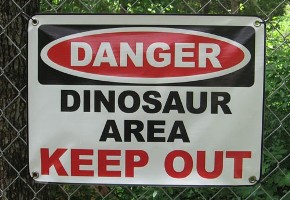Right now there are a lot of articles and communication in the media about employment and unemployment. I’m really struck how this topic is presented.
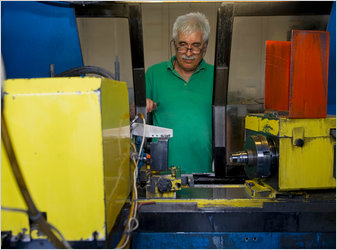
Did you remark how much this communication is reinforcing the “Industrial Age” view of employment? And, be it on TV or in the press, the images and videos associated are always showing factory workers.
For example the enclosed picture is just extracted from the New York Times. It was a paper about the Italian economy. But – the Italian economy is never going to recover through more factory employment!!
Let’s stop it! Factory workers are now becoming a minority. It’s not where the value lies, nor where the good paying jobs lie!
The media is still reinforcing the Industrial Age mindset of jobs being factory employment jobs. When will the media show people in a service environment, when will the media show K.E.E.N. at work without a tag mentioning how these are strange animals?


